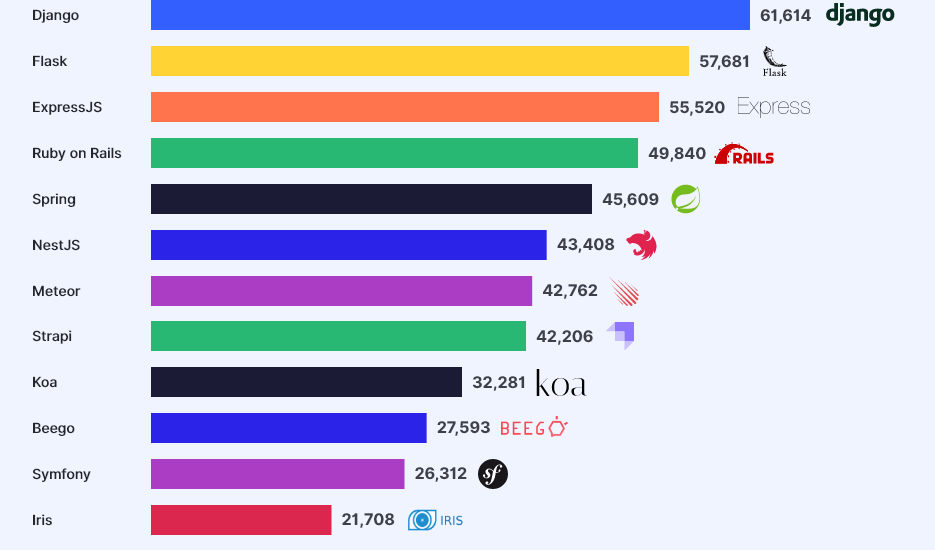Angular, developed by Google, is a powerful front-end framework that provides a comprehensive set of
tools for building dynamic web applications. With its Model-View-Controller (MVC) architecture, two-
way data binding, and a modular design, Angular remains a top choice for developers working on large-
scale projects.


